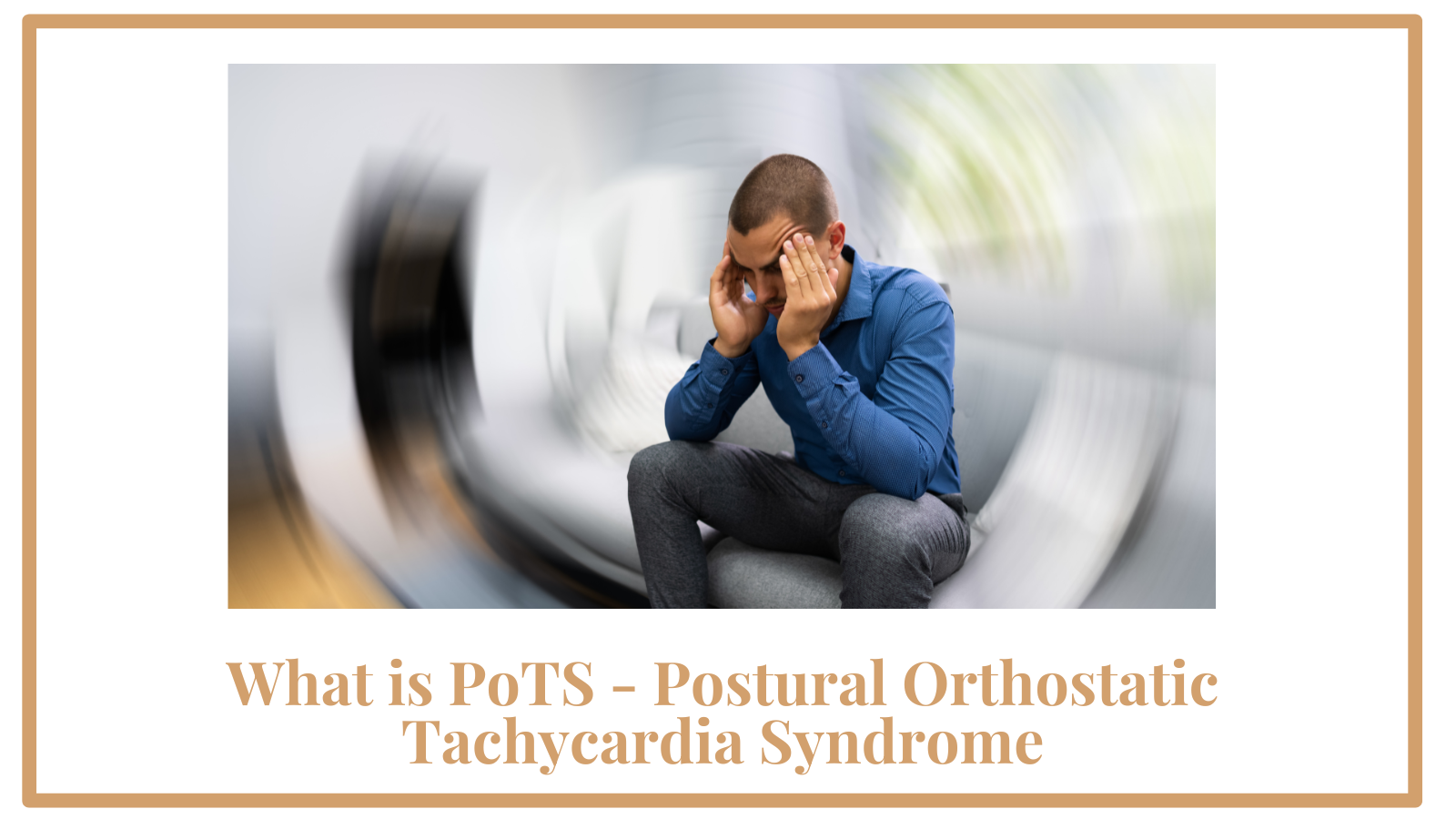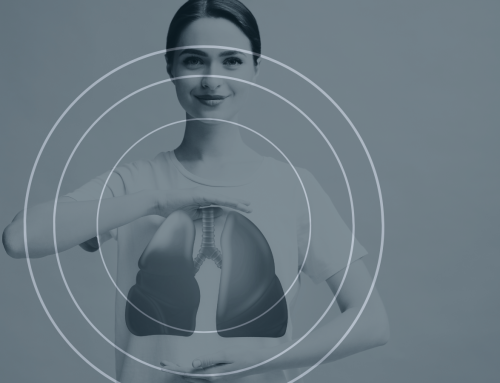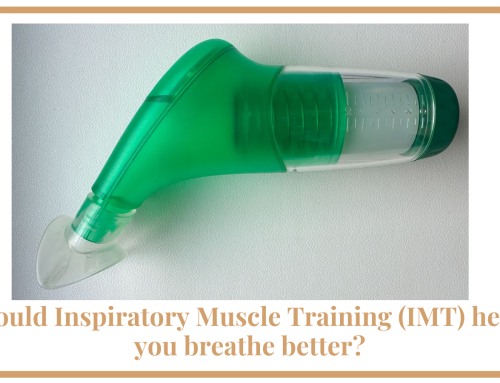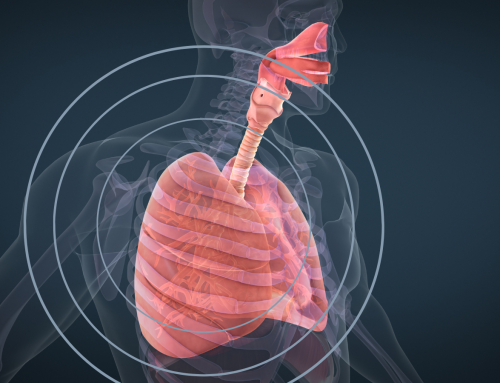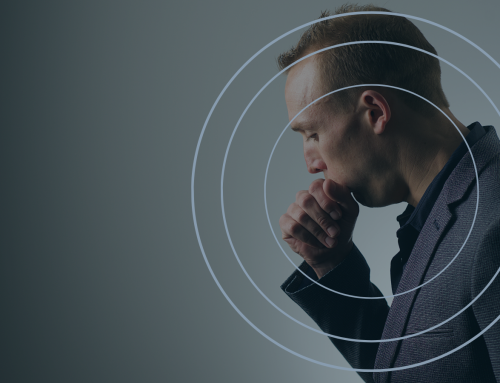If you feel dizzy, lightheaded or your heart races every time you stand up, it might be more than just “getting up too fast.” We’re seeing more patients coming to us with these symptoms who’ve been diagnosed with Postural Orthostatic Tachycardia Syndrome, commonly known as PoTS.
What is PoTS?
PoTS is a condition that affects how your body manages blood flow. It occurs when you stand up – your heart rate suddenly increases, sometimes by 30 beats per minute or more, without your blood pressure dropping. This change can leave you feeling dizzy, shaky, tired or even like you’re going to faint. It mainly affects younger women, but anyone can develop PoTS.
What does PoTS feel like?
PoTS symptoms vary, but the most common ones include:
- Dizziness or feeling faint when you stand
- A pounding or racing heartbeat
- Extreme tiredness
- “Brain fog” – trouble concentrating or thinking clearly
- Feeling sick, shaky, or sweaty
- Headaches
- Needing to lie down to feel better
You might find that these symptoms get worse in the heat, after meals or when you’ve been standing for a while.
Why does it happen?
Doctors aren’t entirely sure what causes PoTS, but there are some common triggers:
- A bad virus (such as COVID)
- Physical trauma or surgery
- Pregnancy
- Conditions like Ehlers-Danlos or chronic fatigue syndrome
- Autoimmune issues
Any one of these triggers can disrupt the way your nervous system controls blood flow and your body struggles to adjust when you move to an upright position.
How is PoTS diagnosed?
Doctors usually begin by checking how your heart rate and blood pressure react when you go from lying down to standing. They may even perform a “tilt table test” where you’re strapped to a table that tilts slowly upright while your heart and blood pressure are monitored.
Blood tests may also be done to rule out other problems, like thyroid issues or anemia.
How can you manage it?
While there is currently no cure for PoTS, certain lifestyle changes can significantly reduce symptoms and improve quality of life:
- Stay well hydrated and increase salt intake (if advised by your doctor). Proper hydration and electrolyte balance help support blood volume and circulation.
- Wear compression garments, such as tights or abdominal binders, to promote better blood return and reduce pooling in the lower body.
- Eat smaller, more frequent meals to help manage blood sugar levels and reduce gastrointestinal symptoms that often accompany PoTS.
- Engage in gentle, regular exercise, taking care to pace yourself and avoid overexertion. Begin with recumbent or horizontal activities like mat-based Pilates or stationary cycling to build tolerance gradually.
- Identify and avoid personal symptom triggers, such as prolonged standing, heat exposure, or certain medications.
- Prioritise quality sleep. Poor sleep can amplify PoTS symptoms, so addressing sleep disturbances is essential.
- Focus on breathing control. Hyperventilation is common in PoTS and can worsen symptoms. Learning to optimise breathing mechanics can help regulate autonomic responses and control symptoms.
- Consider medication. In some cases, medications may be prescribed to help manage heart rate or blood pressure, but non-pharmacological interventions are usually the first line of treatment.
How can Air Physiotherapy help?
At Air Physiotherapy, we take a comprehensive, personalised approach to PoTS management. A key focus is on improving breathing efficiency and reducing dysfunctional patterns like hyperventilation, which are strongly linked to symptom exacerbation.
We also work closely with patients to build physical confidence and independence, helping them exercise and move safely whilst avoiding triggering their symptoms. Our team recognises that many individuals with PoTS also live with co-existing conditions such as chronic fatigue syndrome (ME/CFS) or mast cell activation syndrome (MCAS) – so our care plans are always tailored to the individual.
Emerging evidence supports this approach. For example, the study by Reilly et al. (2021) highlights how physiotherapy-led interventions, particularly those targeting deconditioning and breathing dysfunction, can play a significant role in improving functional outcomes for people with PoTS.
To find out more or to book a consultation, please click here https://air-physiotherapy.

